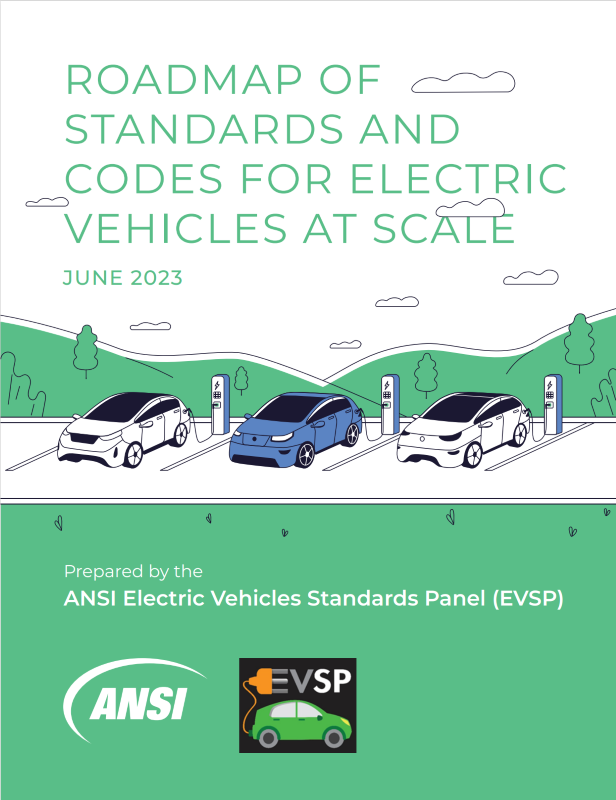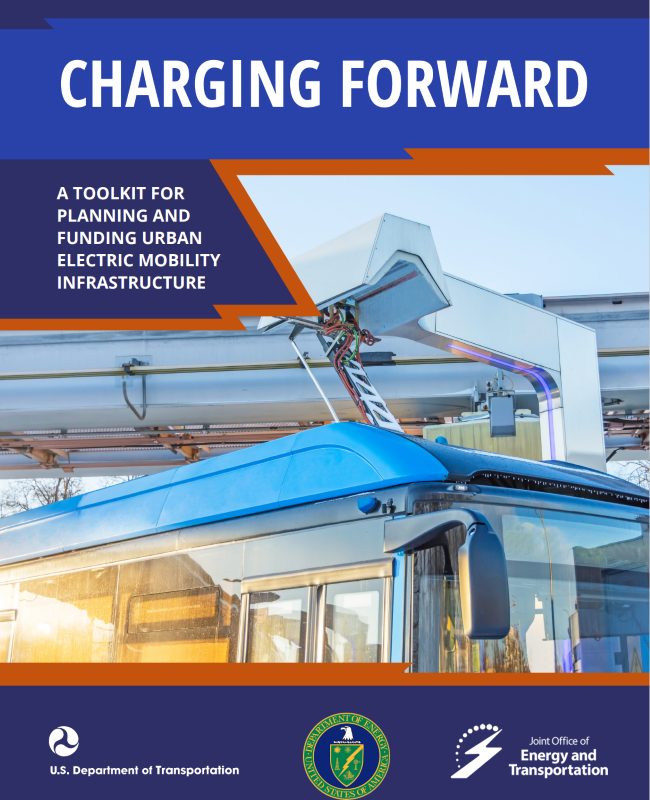Measuring Gaps in Supply and Demand for EV Battery Materials in the United States
Dipo Fadeyi2023-12-07T12:44:13-05:00RMI’s paper, Measuring Gaps in Supply and Demand for EV Battery Materials in the United States, helps shed light on the state of today’s EVB supply chain and can inform investment and policy decisions; it can also clarify how much of the battery supply is expected to qualify for IRA incentives in the future by presenting a methodology for quantifying the gap between supply and demand of inputs and subcomponents along all major stages of the EVB supply chain.









